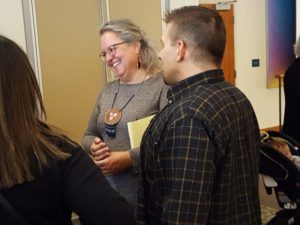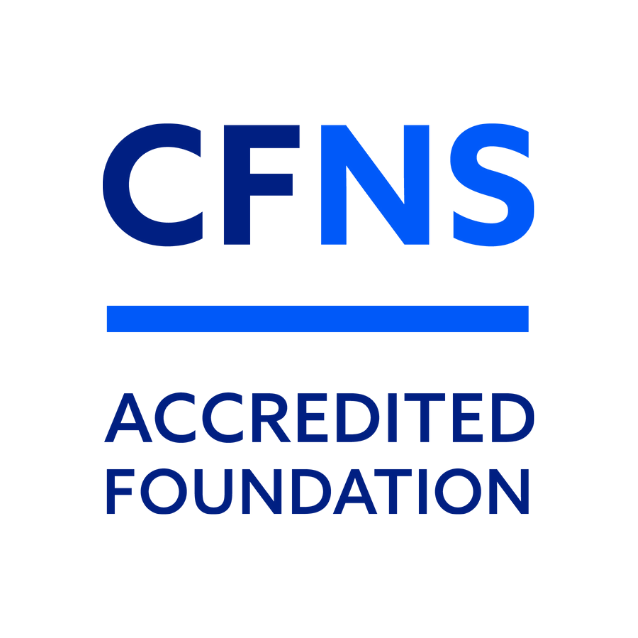Native people know climate change, says panel at UW-Oshkosh
If you want to know how to remain resilient in the face of climate change, ask native people.
That was the advice of Robin Wall Kimmerer, distinguished teaching professor at SUNY College of Environmental Science and Forestry and director of the Center for Native Peoples and the Environment in Syracuse, NY. She was a member of a three-person panel speaking recently at the 25th International Symposium for Society & Resource Management (ISSRM) held at UW-Oshkosh.

Robin Kimmerer, Center for Native People and the Environment
The session was titled, “Indigenous Perspectives of People and Place in the Great Lakes Region: Looking Beyond (Aldo) Leopold’s Backyard.” It was sponsored by a grant from the Community Foundation’s Environmental Stewardship Fund.
Actually, Leopold, pioneering environmentalist and advocate for a land ethic described in his master work “A Sand County Almanac,” got kind of short shrift in this crowd. As Chris Caldwell, director of the Sustainable Development Institute at the College of Menominee Nation, explained, native people have been developing a land ethic for millennia.
Leopold argued that we are not masters of nature, but rather stewards who must find our place in the natural network.
“Land is not a place over which we have rights, but for which we have a responsibility,” Kimmerer said.
Now is the time to listen to the native elders, she said.
“We sit on the brink of climate catastrophe,” Kimmerer said.
Her Potawatomi people experienced climate change when they were forcibly relocated from the Great Lakes area to the arid climate of Kansas and Oklahoma. Ironically, weather models show Wisconsin will one day have the climate of Oklahoma.
Indigenous people balance the lessons of formal science with their indigenous knowledge of nature, Kimmerer said. She urged those present to “learn to see with both eyes.” For native people that means to see through the lens of modern science, but also through their traditional knowledge of nature.
Co-panelist Kyle Whyte, professor of philosophy and community sustainability from Michigan State University, urged people to reject the temptation for quick answers to environmental problems and look for consent and equality in how people and other living things are treated.
Melanie Montano, traditional ecological knowledge outreach specialist with the Great Lakes Indian Fish and Wildlife Commission, a member of the Red Cliff tribe, said she is finding knowledge about resiliency through climate change as she speaks with tribal elders who have seen change in their farm fields or sugar bushes for maple syrup production. One just said that producing food from nature is his life, so he has to change as the climate changes.
The Environmental Stewardship Fund was established in 2003 to support local projects that help people preserve, enjoy or understand nature better, by furthering the preservation or protection of nature, enhancing the enjoyment of nature and improving public knowledge and awareness of the natural world.



Leave a Comment